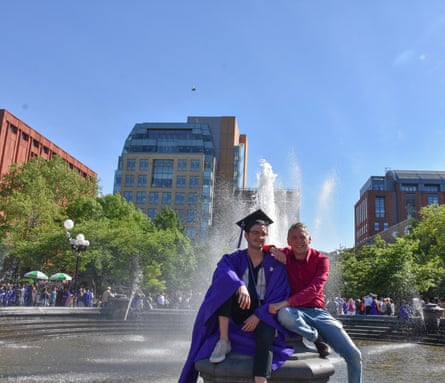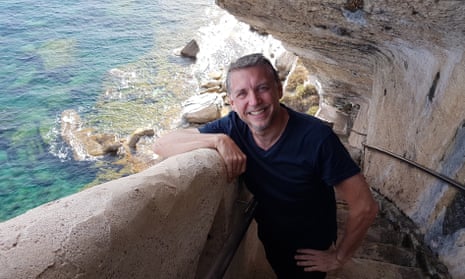I’m bi. There, I said it. I am bi. I like men. I like women. Sexually, romantically, emotionally, intellectually.
Why do I feel I have to say it? Because people make assumptions about your sexuality based on the gender of the person you are with at the time. So bisexuals are perpetually coming out.
As I am writing this piece, and about to appear on SBS Insight about bisexual relationships, I reflect on how, not so long ago, there was no way that I would have been this “visible”. How could I? Growing up, in my family it was common to hear the odd joke about fags. You know, the ones designed to make people laugh at the expense of homosexuals. All in good spirit, all in good humour. And being a sensitive child, not fitting in with traditional male roles, I was at times called a sissy. Not exactly conducive to self-acceptance.
During my awkward puberty years, it’s little wonder that whatever sexual attraction I may have had for other boys remained deeply buried. Later, as those feelings grew stronger, I made a conscious effort to repress them. For me to accept them could only mean one thing: that I was gay. But I couldn’t be gay! I liked girls too. Since it was either one or the other, I was quite happy to conform with the ‘me’ that no one would make fun of. And it worked … for a while.
In my early 20s, I started exploring my attraction to men. And I found I enjoyed it. At the same time, I was still enjoying going out with women. At last I discovered the meaning of bisexual.

I met the person who went on to become my wife in my late 20s. I told her at the time that I was bisexual. She seemed fine with it. Our marriage lasted 25 years, and we had a son together. It ended, like so many do. Nothing to do with my sexuality. However, after the divorce I gave myself permission to fully explore my sexuality.
For a while, though, I still couldn’t visualise myself in a serious relationship with another man. For me, same-sex fun was just that, something I did for fun. In hindsight, I really think this attitude had more to do with avoiding coming out to my family. I did not want to introduce my male partners.
So the easy way was to keep having relationships with women. Easy? Not so fast!
Because I had made the decision to be honest, I made it clear to any new date that I was bisexual. For most, the disclosure signalled the end of any further discussions. It ranged from a polite “I have nothing against it but not for me” to a deafening silence. It was frustrating. And hurtful. So much for bisexuals having twice as many options. Being totally discounted tends to considerably reduce the opportunities.
Gay men, for some reason, seem to be more accepting of bi guys. Don’t get me wrong, there is still strong biphobia within the gay community. More than once on the apps have I been told to make up my fucking mind. (It is made up, by the way). More than once have I been told that I was being greedy or confused, that it was just a stepping stone to fully coming out as gay. However, despite the fears that I’d jump ship and go with “the other side” at the first opportunity, there seems to be more willingness to take a chance within the gay community.
Bisexuality is not “one size fits all”. I am not representative of the bisexual community, nor do I want to be. I have, in the past few years, discovered many things about myself. I still think there’s a lot more to explore about who I really am. Not that different, really, from anyone else on the sexuality spectrum. I am part of a very diverse community. Confused? Not at all. I know what I want. Greedy? Of course! Aren’t we all to some extent?
People will still assume that I am straight or gay. And that’s fine. But I can see a definite shift in the younger generation. I came out to my then 16-year-old son, Jaydn, nine years ago, as part of a general conversation. He was slightly surprised but totally accepting. A reaction that is a typical of his generation. His support and acceptance were all that mattered to me.
Over the last three years, I’ve finally come out to my whole family. And when they learned my story, they asked if I suffered during those early years, not being able to fully be myself. I didn’t. But it makes me one of the lucky ones, if you look at statistics.
I have no idea about the gender of the person who will accompany me into my twilight years. But I know that they will accept and love the real me.
You can hear more from Patrick and others on Being Bisexual tonight on SBS Insight at 8.30pm
